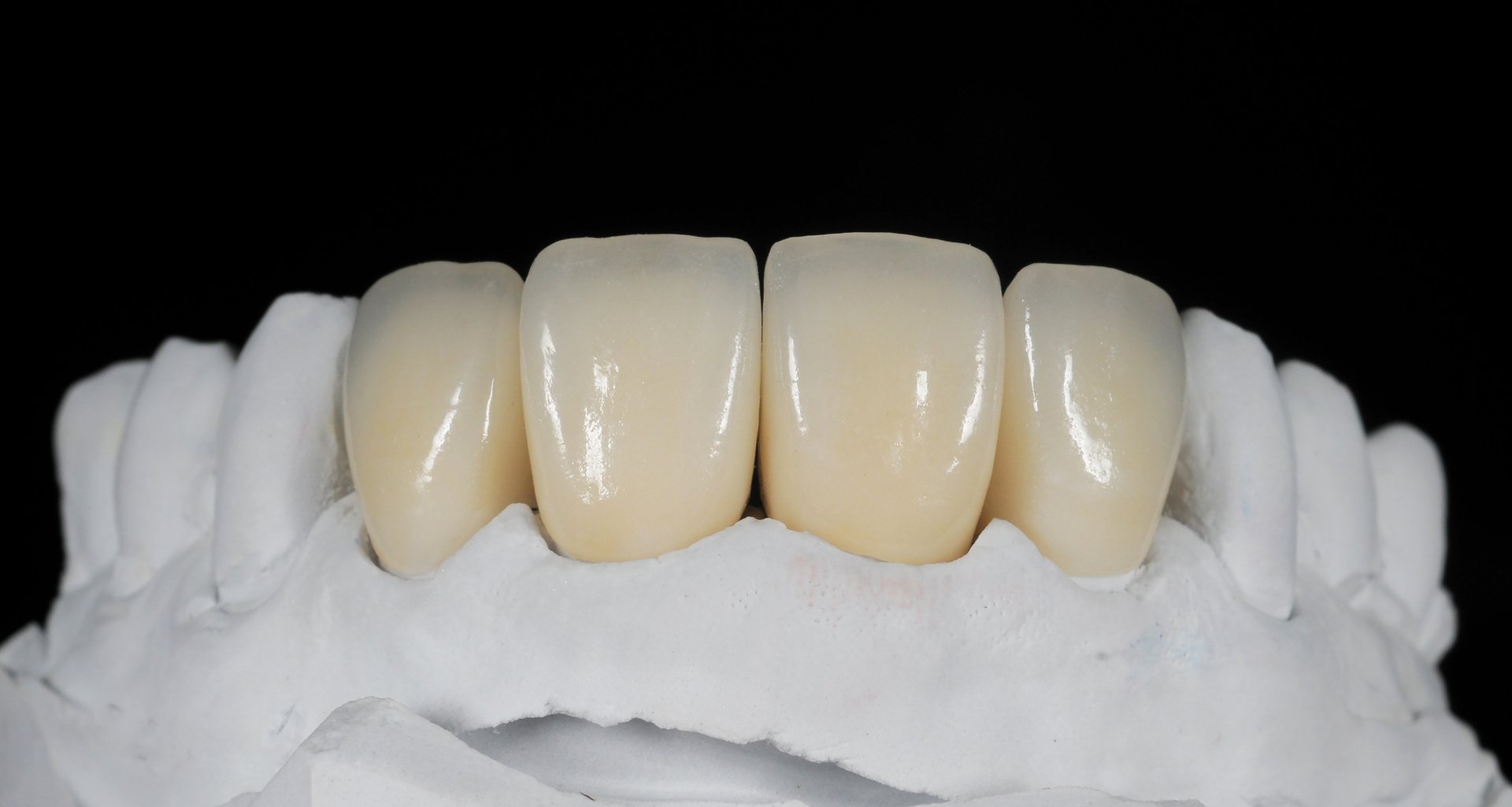Dental crowns are a common solution for restoring damaged teeth, enhancing their function and appearance. In the UK, two popular types of crowns are zirconia and porcelain. Each material has its own set of advantages and disadvantages, influencing the choice based on factors such as durability, aesthetics, cost, and biocompatibility.
Durability and Strength
Zirconia crowns are known for their exceptional strength and durability. Made from zirconium dioxide, a material that is extremely tough and resistant to fracture, these crowns are ideal for patients who need long-lasting dental restorations. Zirconia can withstand significant biting and chewing forces, making it suitable for both front and back teeth. This strength also means that less tooth preparation is required compared to other materials, preserving more of the natural tooth structure.
Porcelain crowns, while also strong, are generally less durable than zirconia. Traditional porcelain crowns can be prone to chipping and cracking, especially when subjected to high pressure. However, advancements in dental materials have led to the development of porcelain-fused-to-metal (PFM) crowns and all-ceramic porcelain crowns, which offer improved strength. Despite these improvements, zirconia remains superior in terms of sheer durability.
Aesthetics
When it comes to aesthetics, porcelain crowns have a distinct advantage. Porcelain closely mimics the natural translucency and color of tooth enamel, providing a highly natural appearance. This makes porcelain crowns particularly popular for front teeth restorations where appearance is paramount. Dentists can customize the color and shading to match the surrounding teeth perfectly, resulting in a seamless and attractive smile.
Zirconia crowns, on the other hand, are opaque and less translucent than porcelain. While advancements in zirconia technology have improved their aesthetic qualities, they still do not quite match the natural look of porcelain. However, zirconia crowns can be layered with porcelain to combine the strength of zirconia with the aesthetic appeal of porcelain, offering a balanced solution.
Biocompatibility and Comfort
Both zirconia and porcelain crowns are biocompatible, meaning they are generally well-tolerated by the body and unlikely to cause allergic reactions. Zirconia, in particular, is known for its high biocompatibility and is often recommended for patients with metal allergies. It is also less likely to cause gum irritation compared to some metal-based crowns.
In terms of comfort, zirconia crowns can sometimes be preferred due to their smooth texture, which can feel more natural in the mouth. Porcelain crowns can occasionally cause wear on opposing teeth due to their hardness, but this issue has been mitigated with modern, more refined porcelain materials.
Cost Considerations
Cost is an important factor when choosing between zirconia and porcelain crowns. In the UK, zirconia crowns tend to be more expensive than porcelain crowns due to their material costs and the advanced technology required for their fabrication. Porcelain crowns, while generally less expensive, can still vary significantly in price depending on whether they are traditional, PFM, or all-ceramic.
Longevity and Maintenance
Both zirconia and porcelain crowns can last many years with proper care. Zirconia’s superior strength often translates to a longer lifespan, potentially making it a more cost-effective option in the long run despite the higher initial cost. Porcelain crowns, while durable, may require more frequent replacements, especially if subjected to heavy biting forces.
Conclusion
Choosing between zirconia and porcelain crowns in the UK involves weighing various factors, including durability, aesthetics, biocompatibility, and cost. Zirconia crowns offer unmatched strength and durability, making them ideal for high-pressure areas and patients seeking long-term solutions. Porcelain crowns excel in aesthetics, providing a natural and attractive appearance, particularly suitable for front teeth. Consulting with a dentist is crucial to determine the most suitable material based on individual needs and preferences. Both options, when chosen appropriately, can effectively restore dental function and enhance the beauty of your smile.

